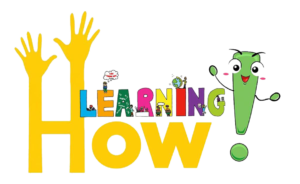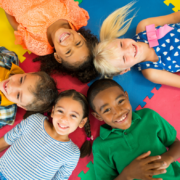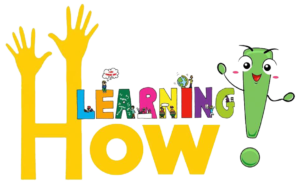The Impact of Multicultural Education on Global Awareness

The Impact of Multicultural Education on Global Awareness
Embracing Multicultural Education: Expanding Horizons
In today’s interconnected world, fostering global awareness and cultural competence has become more crucial than ever. As societies become increasingly diverse, it is essential for education to reflect and celebrate this diversity. This is where multicultural education plays a pivotal role. By promoting an inclusive curriculum that embraces various cultures and perspectives, multicultural education helps students develop a deeper understanding and appreciation for the world around them. In this article, we will explore the impact of multicultural education on global awareness and discuss its significance in preparing students for a culturally diverse society.
Why Multicultural Education Matters: Nurturing Inclusive Mindsets
Multicultural education goes beyond teaching about different cultures; it cultivates a mindset of inclusivity and respect for all individuals, regardless of their background. By integrating multicultural content, perspectives, and experiences into the curriculum, students gain a broader understanding of diverse cultures, traditions, and perspectives. This exposure helps break down stereotypes, reduce biases, and foster empathy and acceptance among students.
Developing Global Awareness: Broadening Horizons
Multicultural education plays a vital role in developing global awareness among students. It encourages them to think critically about global issues, such as social justice, human rights, and environmental sustainability, from various cultural perspectives. By examining these topics through a multicultural lens, students gain a more comprehensive understanding of the complexities and interconnectedness of our world.
Multicultural education also promotes cultural sensitivity and understanding, equipping students with the necessary skills to navigate and interact respectfully in a multicultural society. This heightened awareness fosters a sense of global citizenship, empowering students to become active participants in addressing global challenges.
Promoting Intercultural Communication: Building Bridges
One of the key benefits of multicultural education is its emphasis on intercultural communication. By exposing students to diverse cultures, languages, and traditions, it promotes effective communication across cultural boundaries. This not only enhances students’ language skills but also equips them with the ability to engage respectfully and collaboratively with individuals from different backgrounds.
In a world that is becoming increasingly interconnected, intercultural communication skills are invaluable. They enable individuals to bridge cultural gaps, build relationships, and promote understanding in various personal and professional contexts.
Preparing Students for a Diverse Society: A Foundation for Success
Multicultural education serves as a foundation for success in an increasingly diverse society. By fostering cultural competence and global awareness, it equips students with the skills needed to thrive in multicultural workplaces and engage in an interconnected global economy. Employers today value individuals who can adapt to diverse environments, work collaboratively with people from different cultures, and bring a global perspective to problem-solving.
Furthermore, multicultural education promotes social cohesion by fostering a sense of belonging and respect for all members of society. Creating an inclusive and accepting learning environment lays the groundwork for a more equitable and harmonious society.
Embracing Diversity, Embracing the Future
Multicultural education is not just about embracing different cultures; it is about nurturing inclusive mindsets, fostering global awareness, promoting intercultural communication, and preparing students for a diverse society. By integrating multicultural education into our classrooms, we can equip students with the skills and understanding needed to navigate an increasingly interconnected world.
As educators, it is our responsibility to provide students with the tools to appreciate diversity, embrace cultural differences, and become active global citizens. By doing so, we create a more inclusive and harmonious society—one where individuals understand, respect, and celebrate the rich tapestry of cultures that surround us. Together, let us embrace the power of multicultural education and pave the way for a brighter future.

 The Need for Diverse Learning Experiences
The Need for Diverse Learning Experiences 


Leave a Reply
Want to join the discussion?Feel free to contribute!